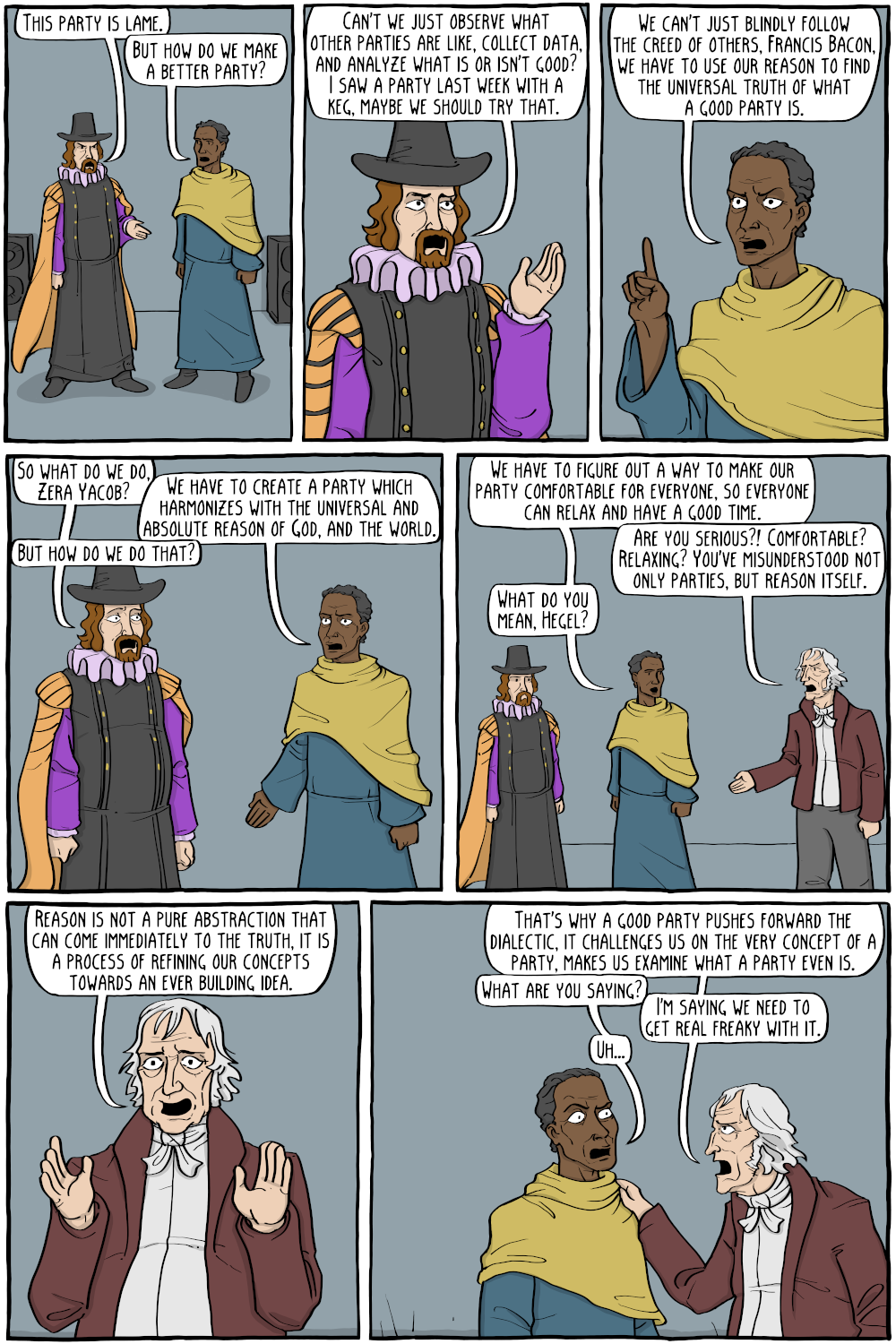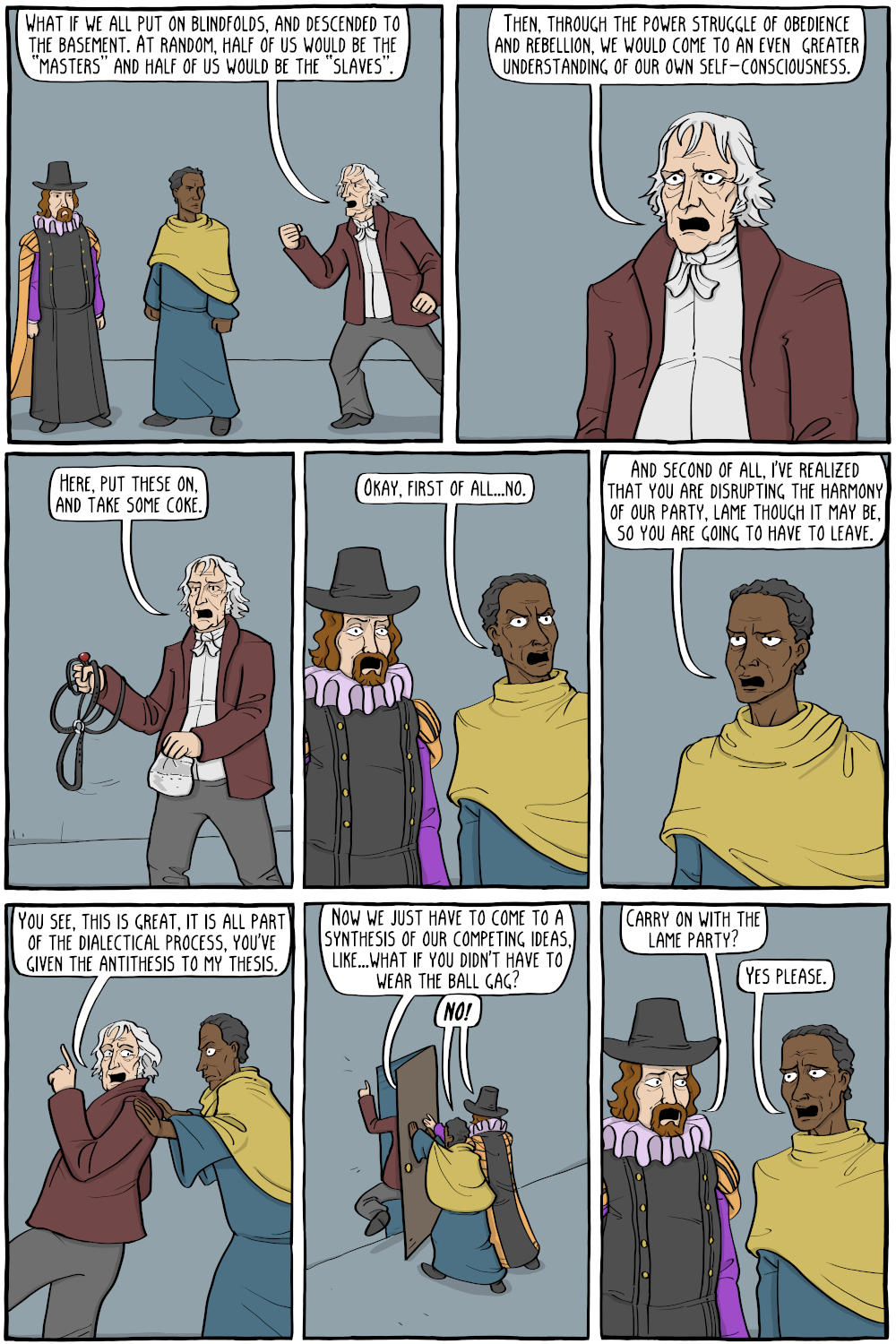

Francis Bacon was an early 17th century philosopher, best known for being one of the earlier philosophers who believed all knowledge had to be systematically empirical. He believed that through a system something like what we now think of as the "scientific method", we could come to understand the world. He was skeptical about all passed down dogmas which were not empirically tested.
Zera Yacob was also a 17th century philosopher, from Ethiopia. Like Bacon, he was very skeptical of dogmas, and thought all things needed to be considered. However, unlike Bacon, he believed it was human reason that was the primary method of examining the world. Obviously we needed to observe the world too, but he was also skeptical of moral, social, and religious institutions which asked us to believe things only because we were told them. He thought all beliefs should be subject to the examination of human reason and rationality. He believed that the best morality was harmonizing among different people along the ultimate principle of reason.
Hegel believed that reason operated quite differently from earlier philosophers like Yacob, who thought reason was a sort of absolute thing that you could use to come to a truth about a set beliefs. Instead, Hegel found reason or rationality more like a conversation that interrogates a given circumstances and moves towards a better set of ideas, rather than something immediately called the "truth" in the moment. In other words, reason was more like a debate or a courtroom verdict, rather than merely a way of thinking that produces truth.
Permanent Link to this Comic: https://existentialcomics.com/comic/319
Support the comic on Patreon!










